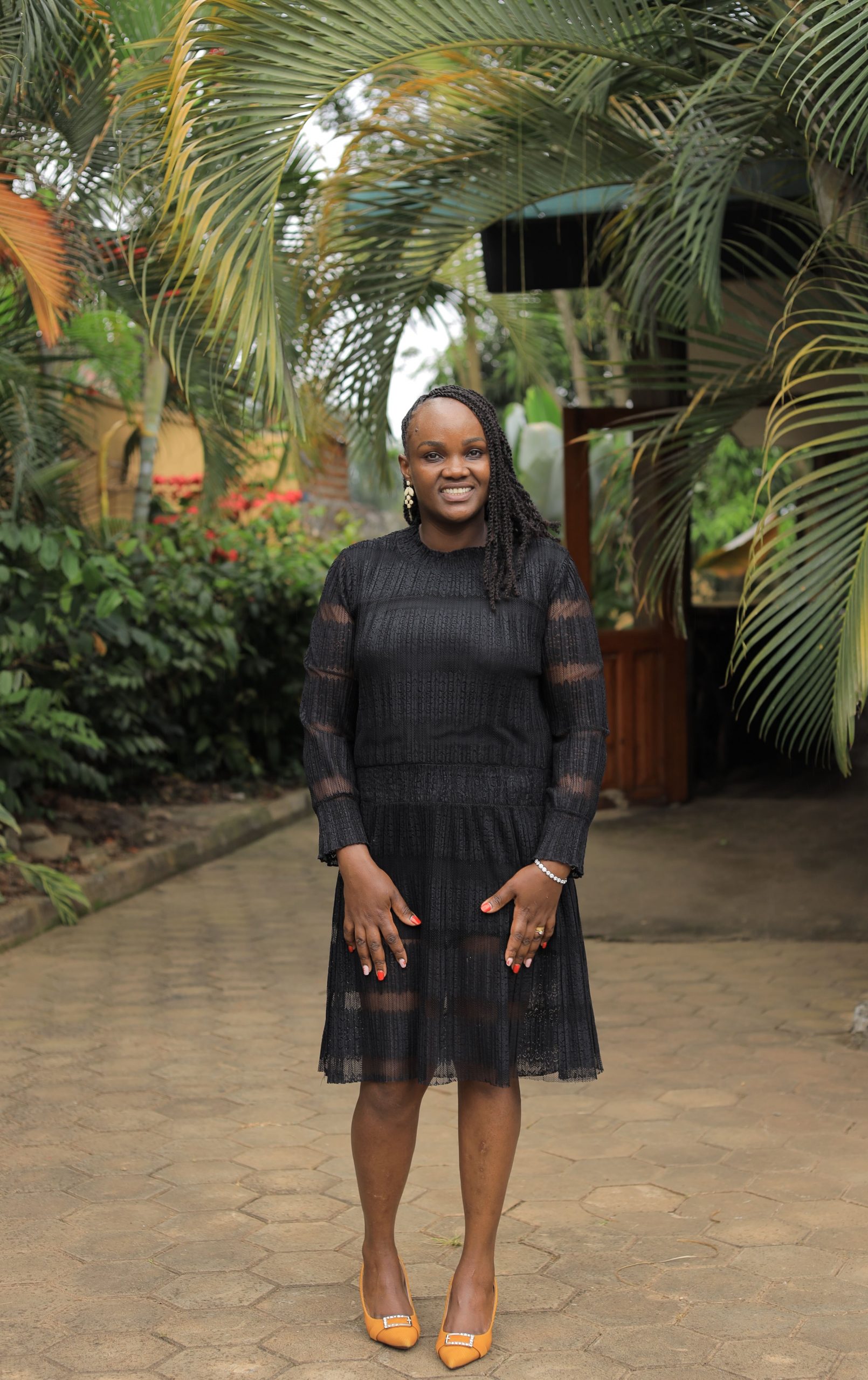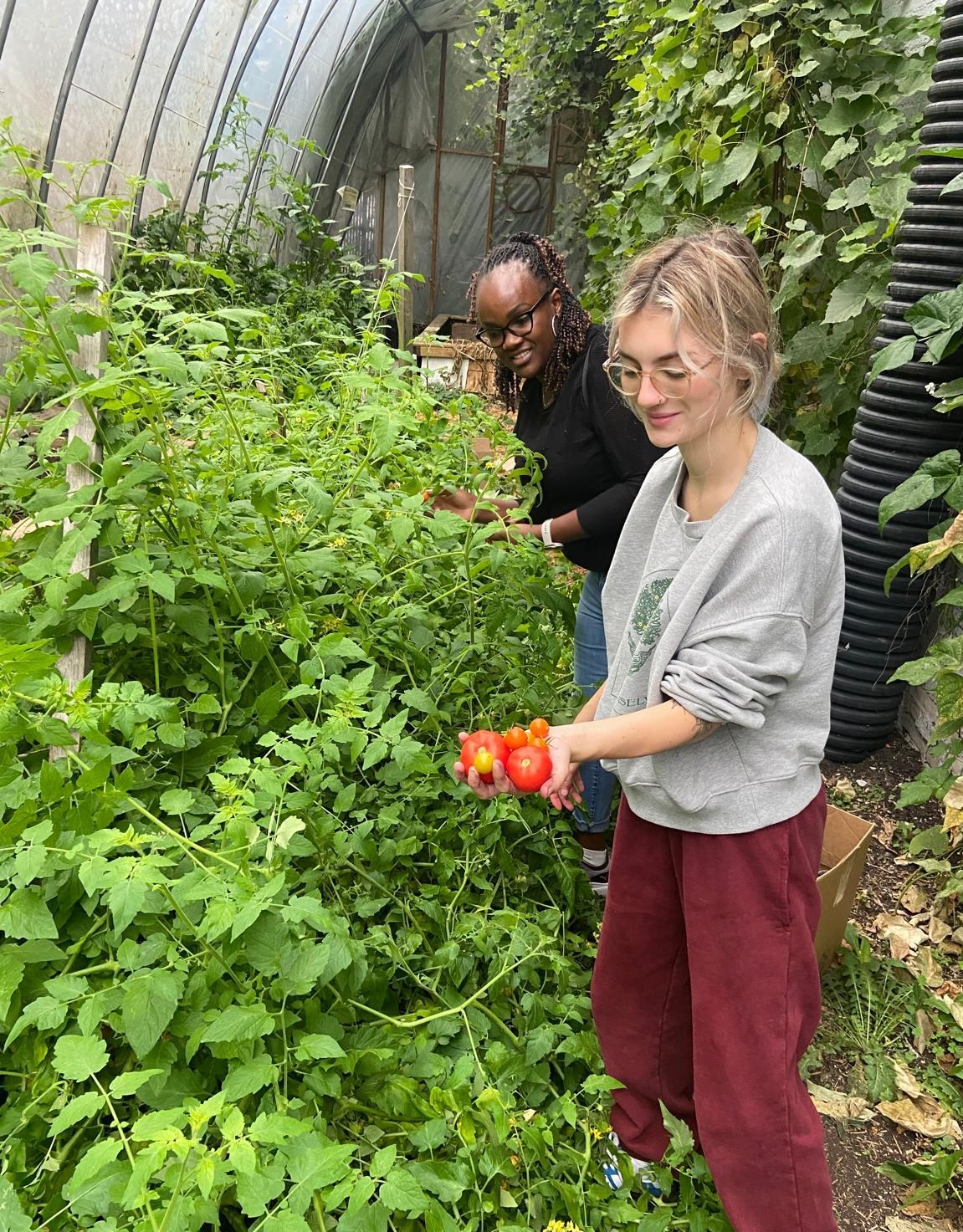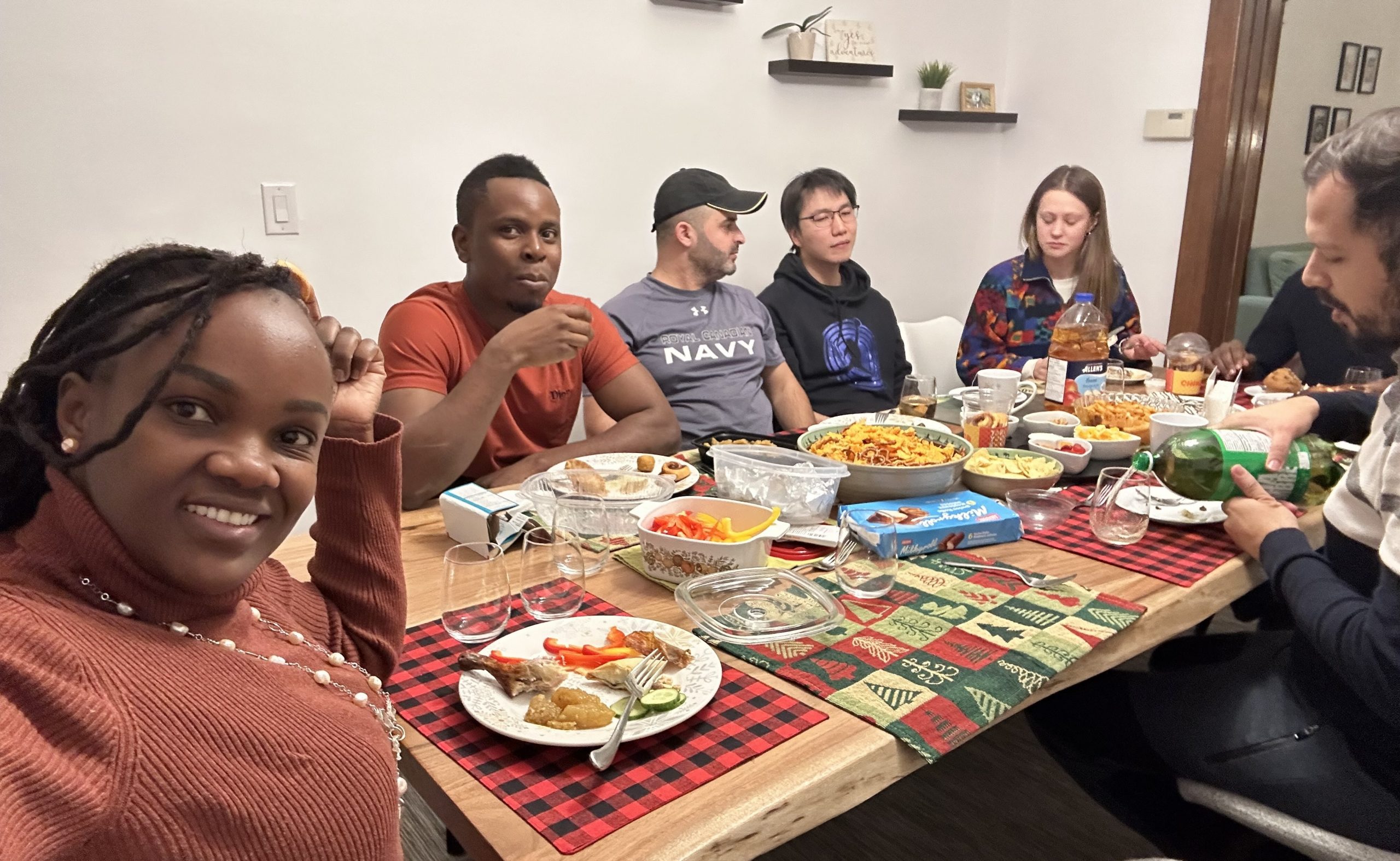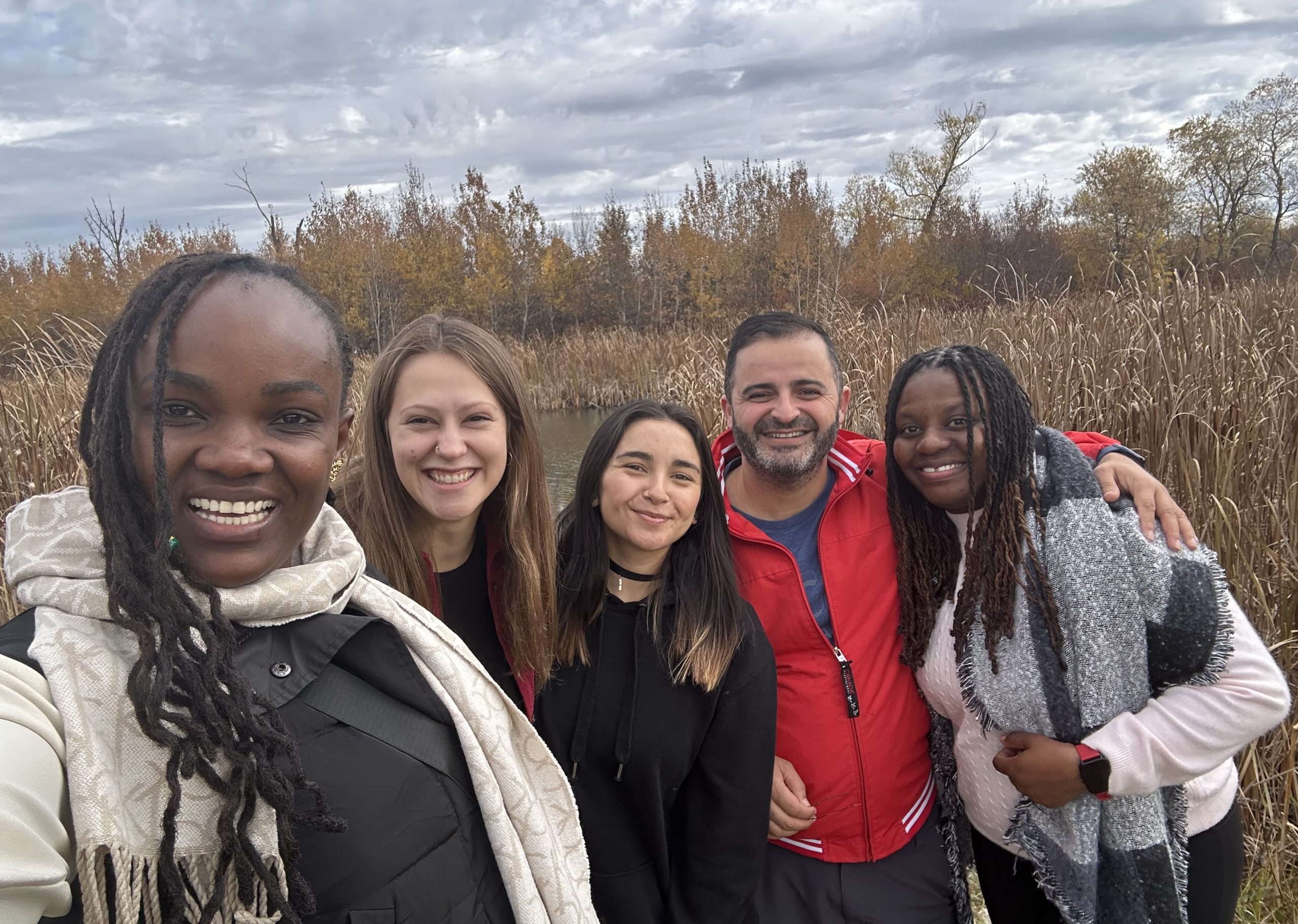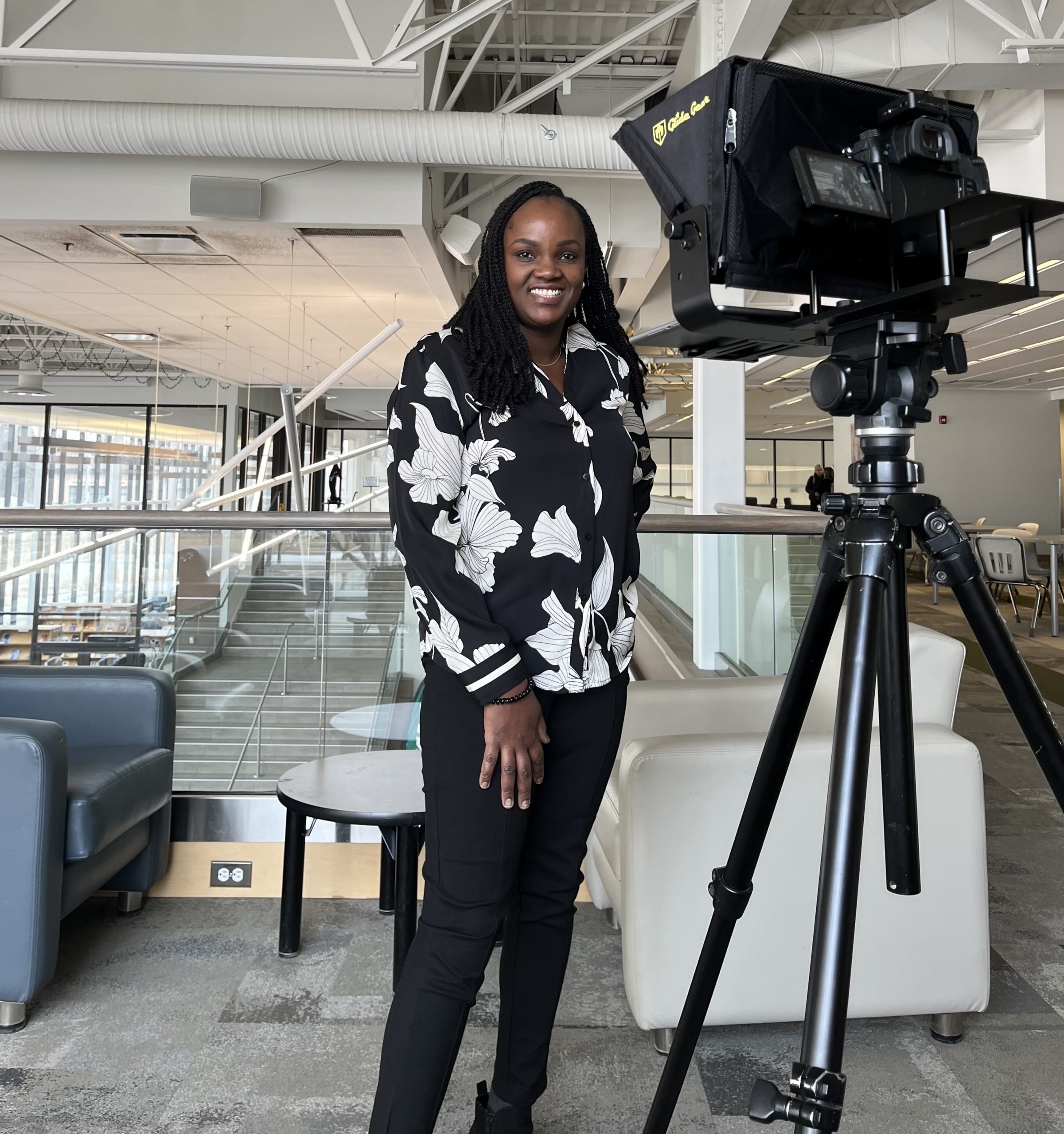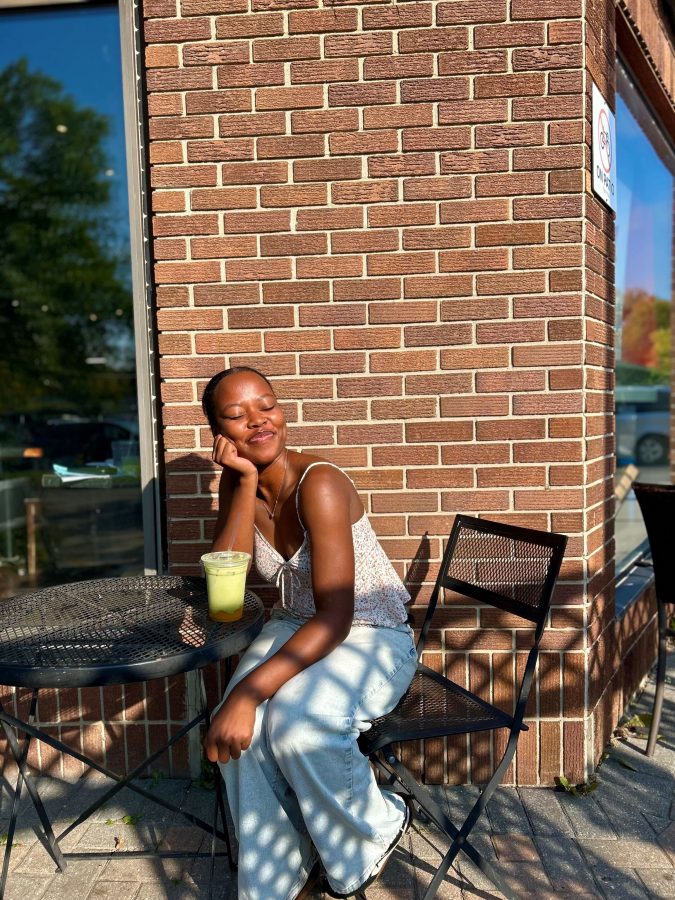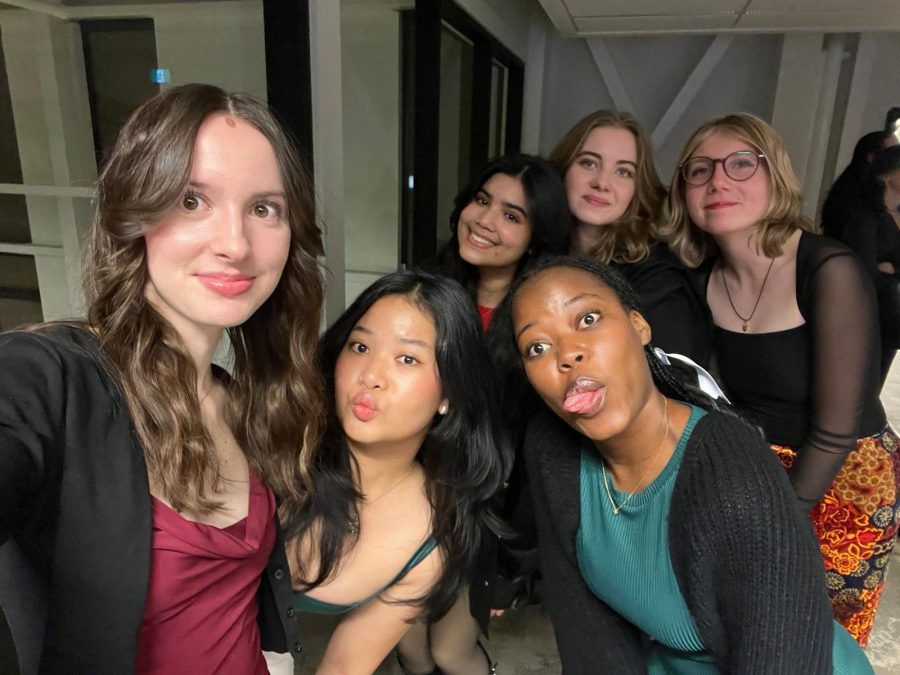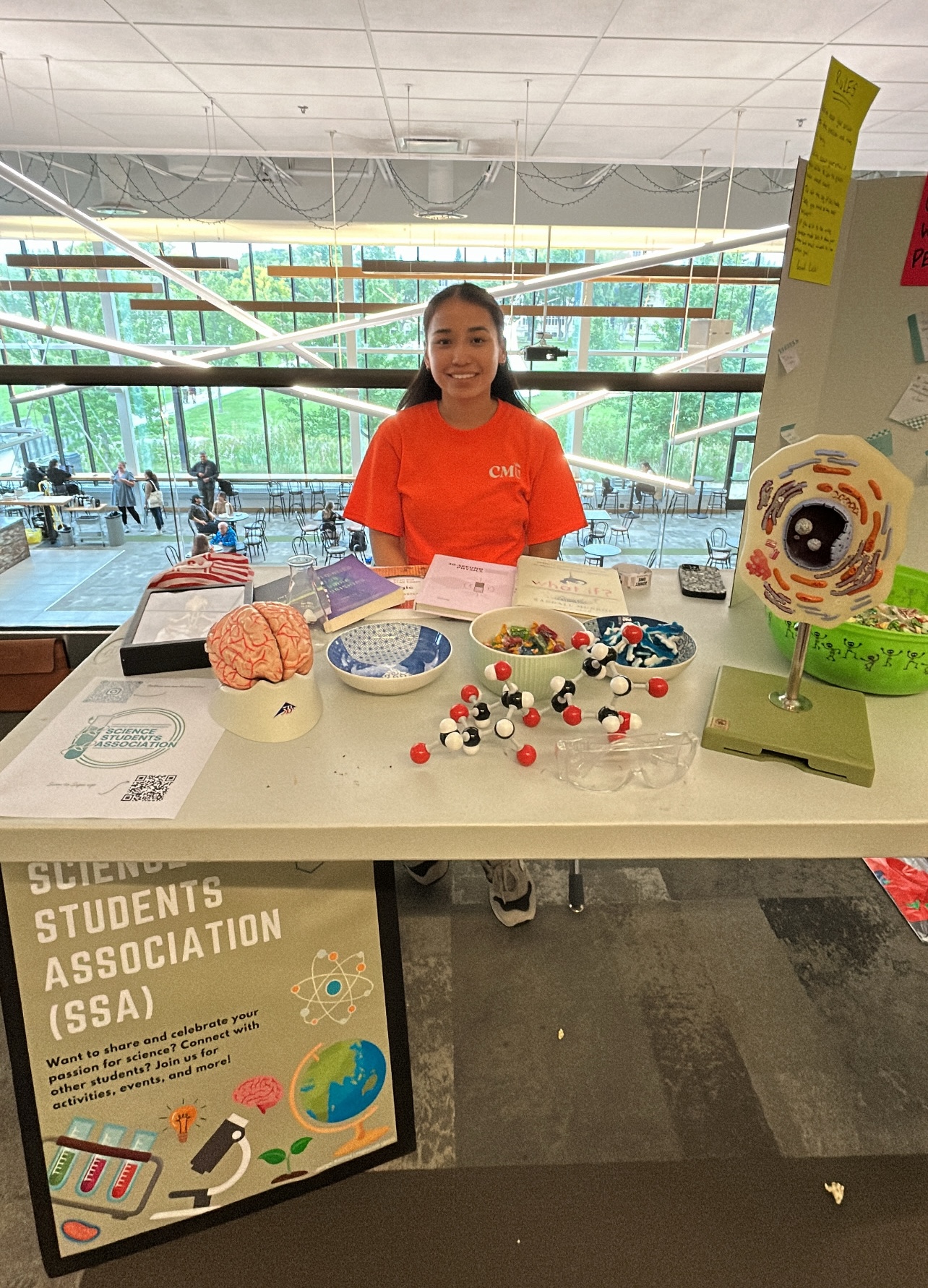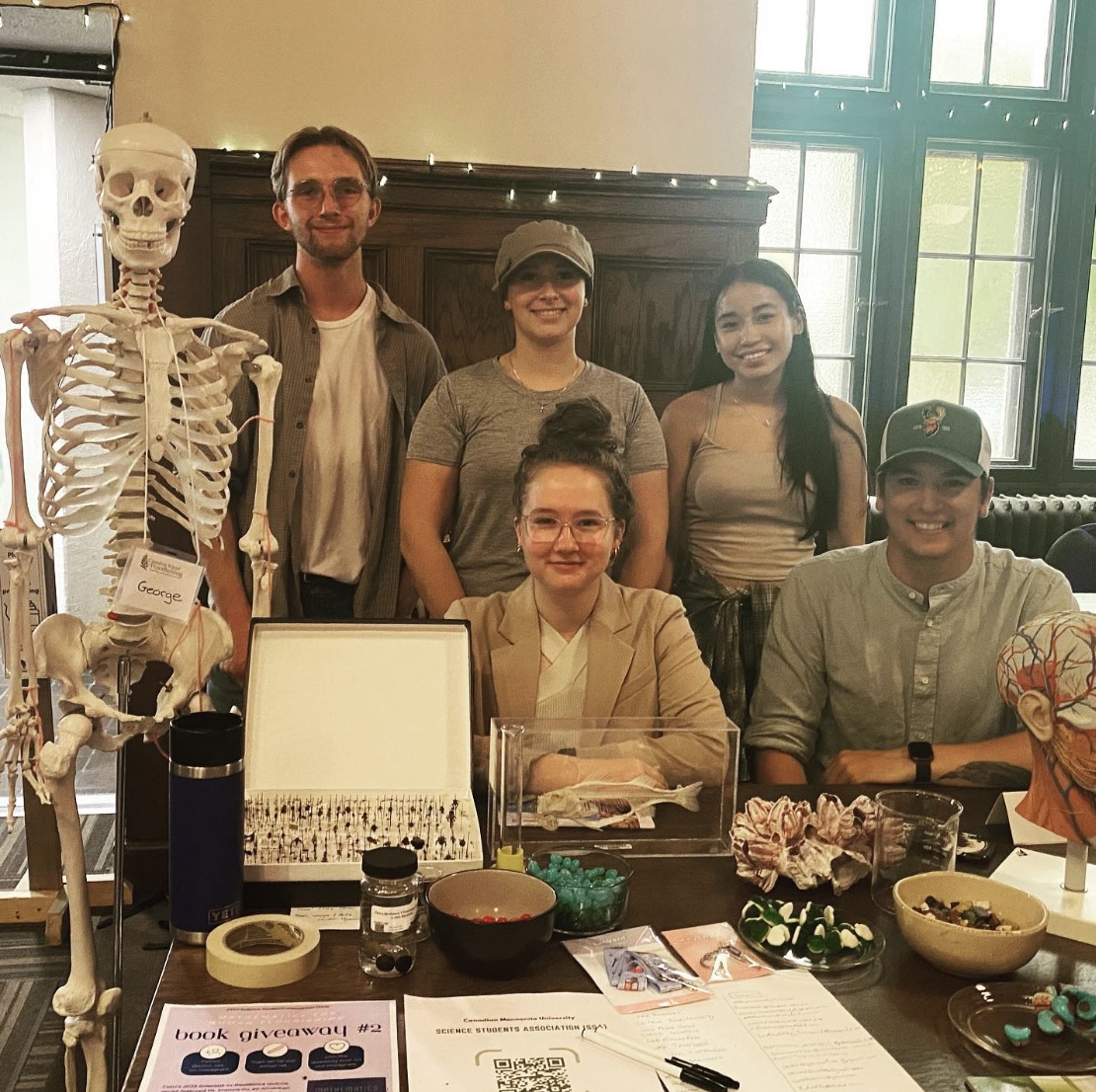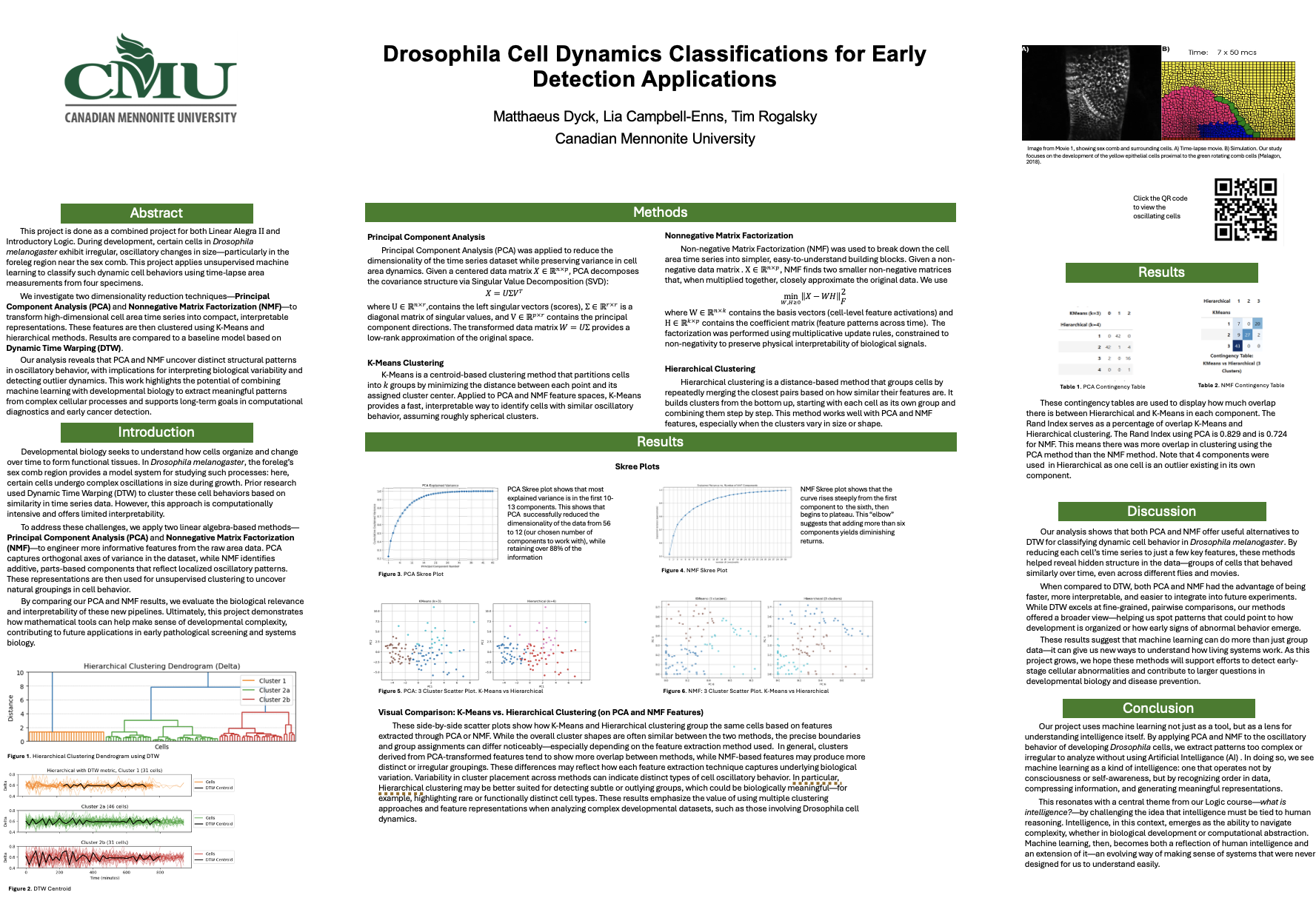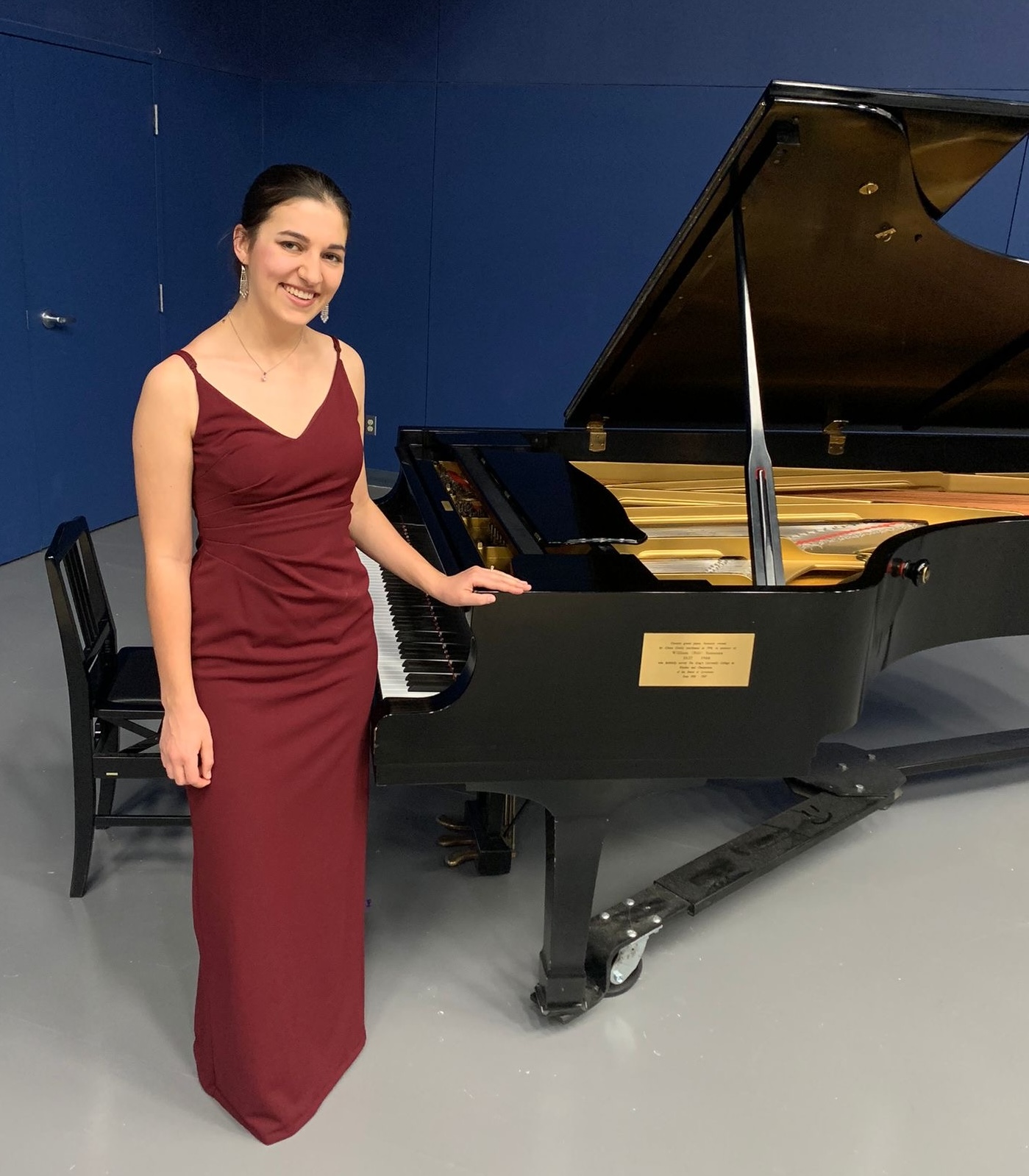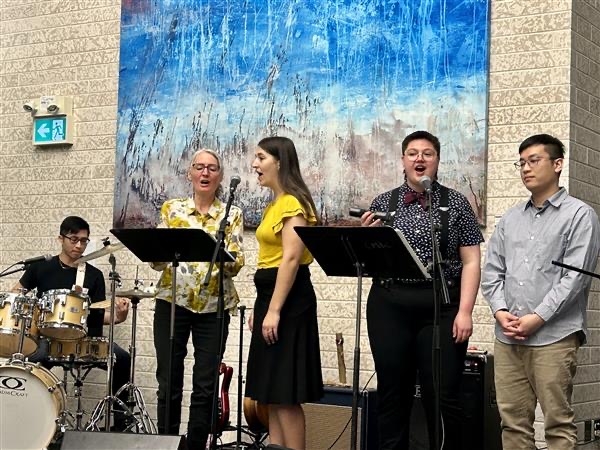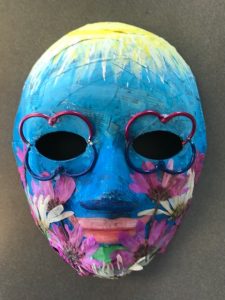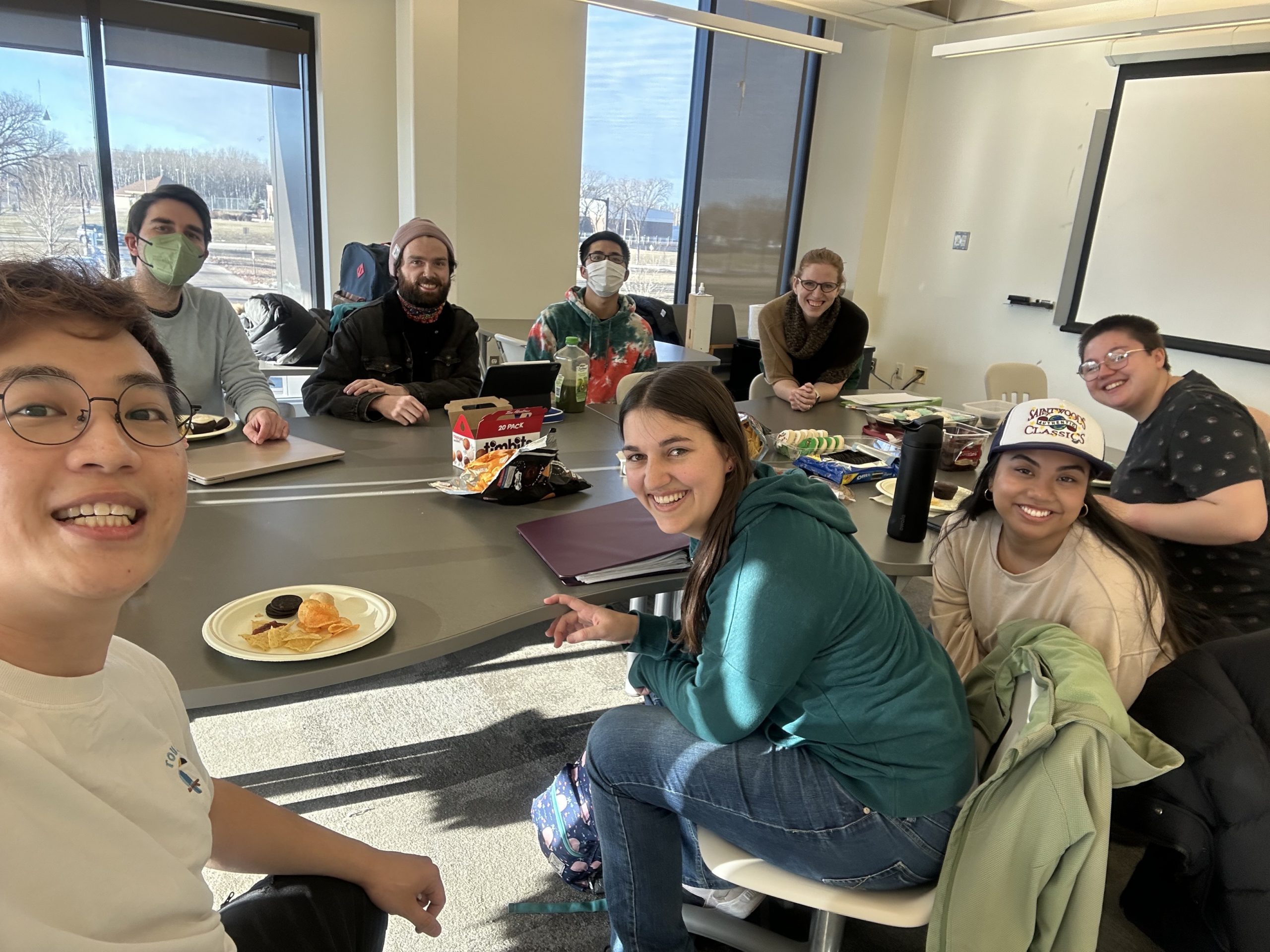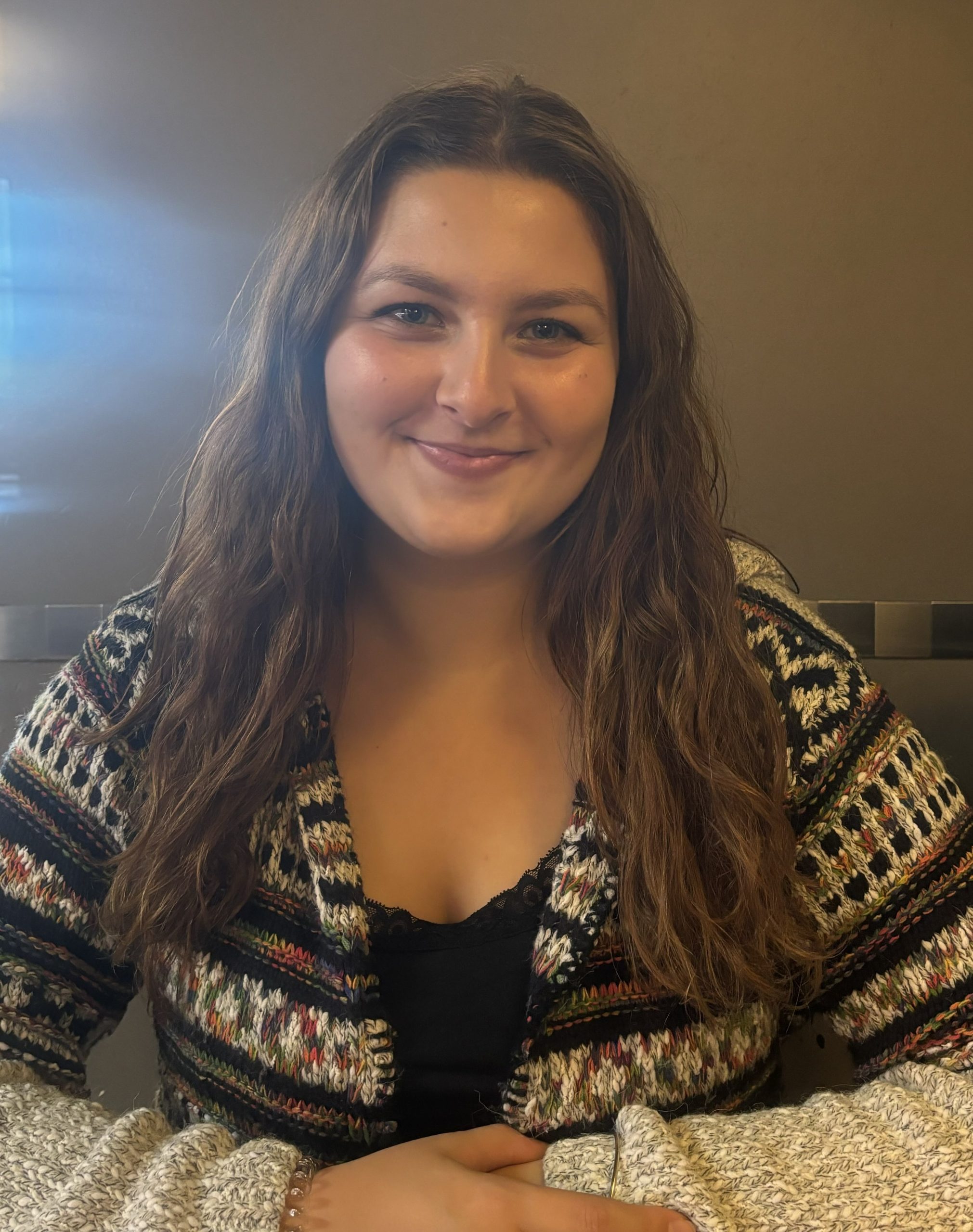
Looking back, it’s hard to believe how much these past few years have shaped me—not just as a student, but as a person. When I first stepped onto campus, I had all kinds of expectations about what university would be like, most of them built on guesswork and nerves. However, the truth is, nothing could have fully prepared me. The journey has been filled with surprises—some challenging, some exciting, but all of them worth it. If I could go back and prepare myself, these are the four things I would want to know before entering the psychology program at CMU.
1. You’ll study more than just psychology
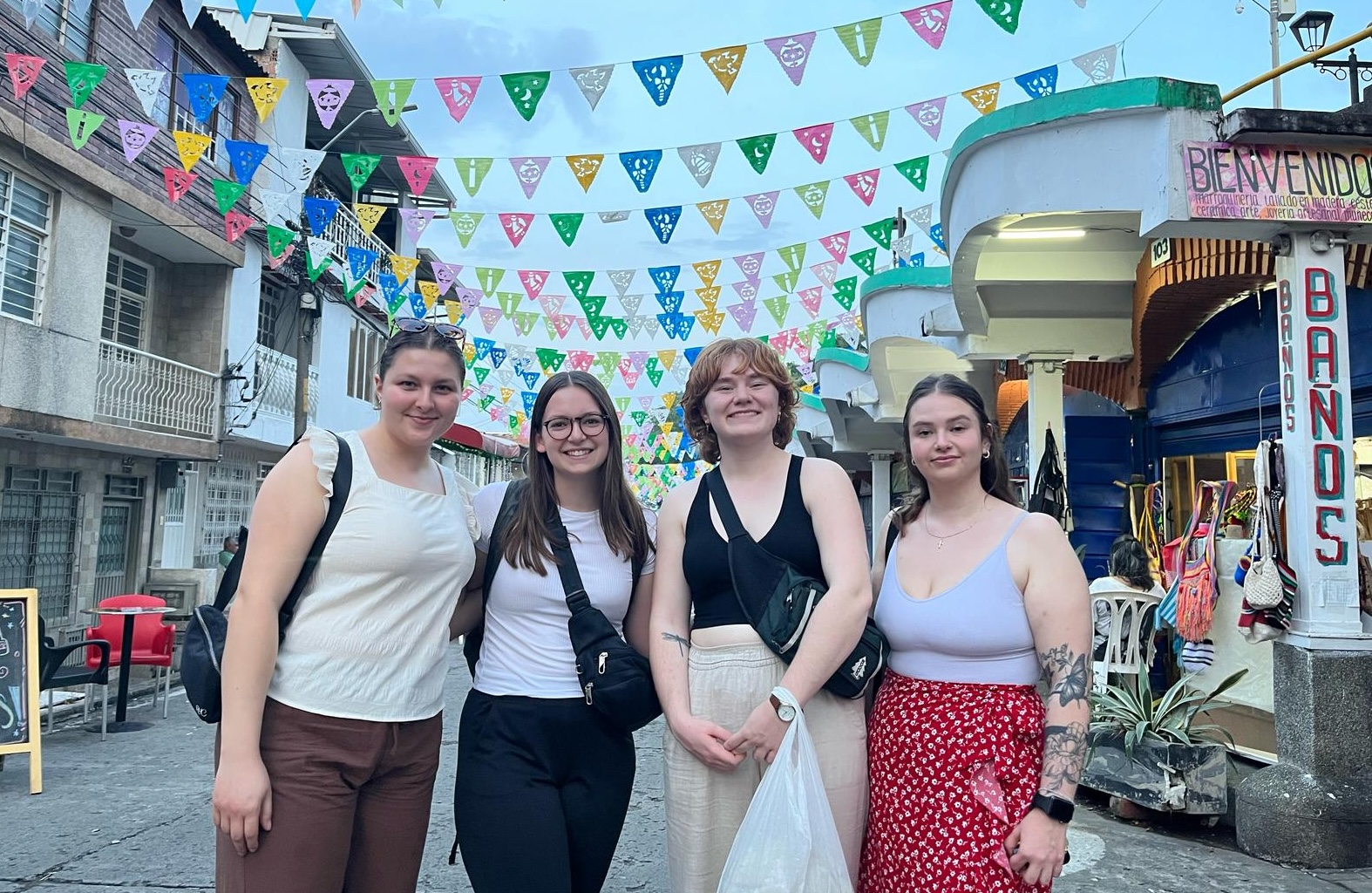
When I declared psychology as my major, I thought my path was set: a steady diet of psychology courses from first year to graduation. That illusion vanished quickly. My degree required me to branch out into other areas, leading me to choose courses in biblical and theological studies, math, philosophy, sociology, and anthropology. At first, I wasn’t impressed. I worried that I’d lose focus on the subject I’d come here to study. But a few weeks in, my mindset began to shift. Those “extra” courses started connecting back to psychology in ways I couldn’t have imagined. A philosophy discussion would echo a concept from social psychology; anthropology gave me new ways to think about human behavior; even mathematical thinking sharpened the way I approached research methods. What I once saw as distractions turned out to be some of the richest parts of my education. I even got the opportunity in my fourth year to travel to Colombia for a course titled “Peacebuilding in Conflicted Contexts,” which brought together themes in psychology and peacebuilding. So, if you find yourself frustrated by requirements outside your major, don’t write them off. They might be the very courses that expand your vision of what psychology—and learning itself—can be.
2. Prepare to put on your critical thinking cap
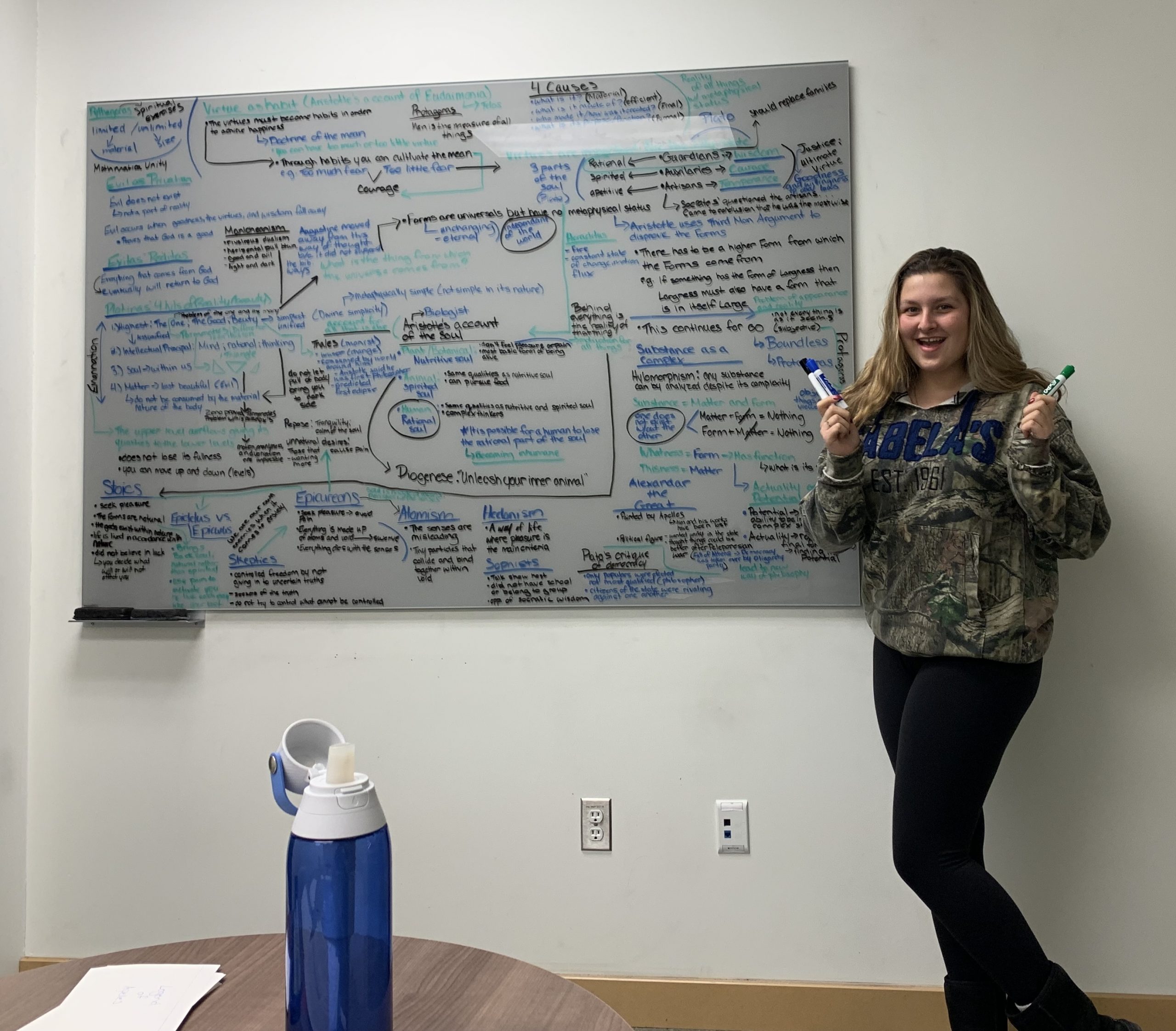
Before university, psychology to me was mostly about memorization: flashcards of theories and definitions, names matched with concepts. That changed almost immediately at CMU. My professors weren’t interested in us simply repeating information back—they wanted us to wrestle with it, to ask why it mattered and how it applied to real life. This shift was uncomfortable at first. It’s easier to memorize than to challenge your own assumptions. But the more I leaned into it, the more I realized how powerful it was. Psychology stopped being just an academic subject and became a lens for understanding my own life and relationships. I wasn’t just studying how people think and behave—I was learning to think differently myself.
3. Your professors will leave an impression
Another thing I didn’t expect was just how much my professors would influence me. They aren’t just knowledgeable—they’re passionate, engaging, and deeply invested in their students. More times than I can count, I got so caught up in their lectures that I forgot to take notes. What I remember most, though, is not just the content of what they taught, but how their delivery impacted me. They encouraged questions, welcomed curiosity, and modelled what it looks like to love learning for its own sake. Their example has shaped me more than any textbook ever could.
4. Stay open to new paths
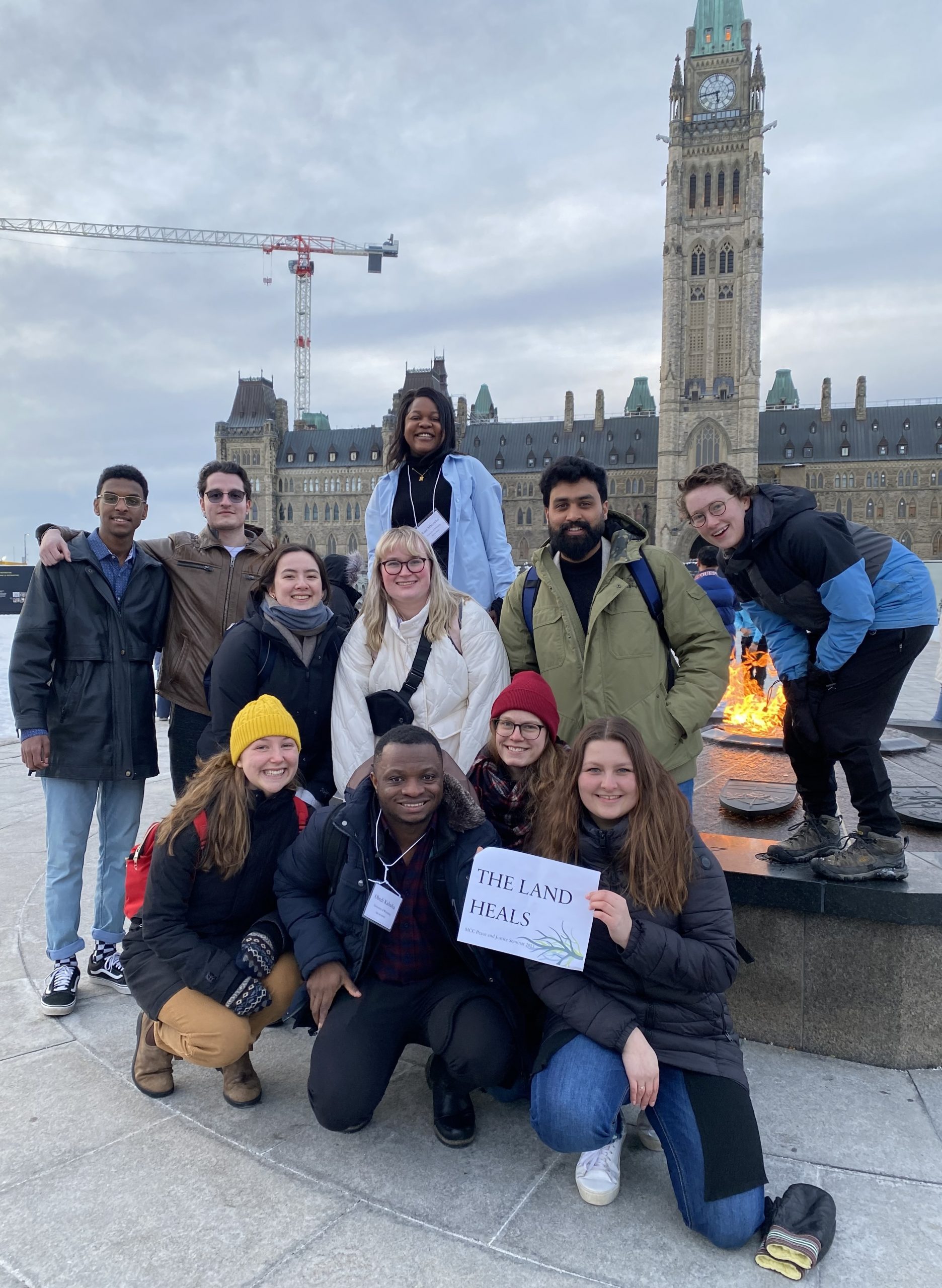
One of the biggest lessons I’ve learned at CMU is just how many directions psychology can take you. I started out set on becoming a child life specialist, but courses in development, research methods, and even conversations with professors and classmates kept opening new doors—education, pediatric research, running a daycare, and recently, marriage and family therapy. At times, all this shifting left me worried that I was “behind” for not having one clear path. But I’ve realized that part of the gift of studying psychology at CMU is the freedom to explore. The variety of courses and the support of professors gave me space to rethink my goals and discover what excites me most. I may not have a single answer to “what’s next,” but I know my time here has prepared me for wherever I go.
Looking back
If I could sum up my time studying psychology at CMU, it would be this: it is less about fitting into the expectations you arrive with and more about being open to what unfolds. For me, that has meant discovering new disciplines, learning to think in deeper ways, being inspired by passionate mentors, and slowly piecing together who I want to become. It hasn’t been predictable, but it has been profoundly worthwhile. And if you’re just beginning your journey, I hope you’ll find the same: that the unknown is less something to fear, and more something to welcome.
Madeleine Lambert is a student in her final year of a Bachelor of Arts in Psychology.


